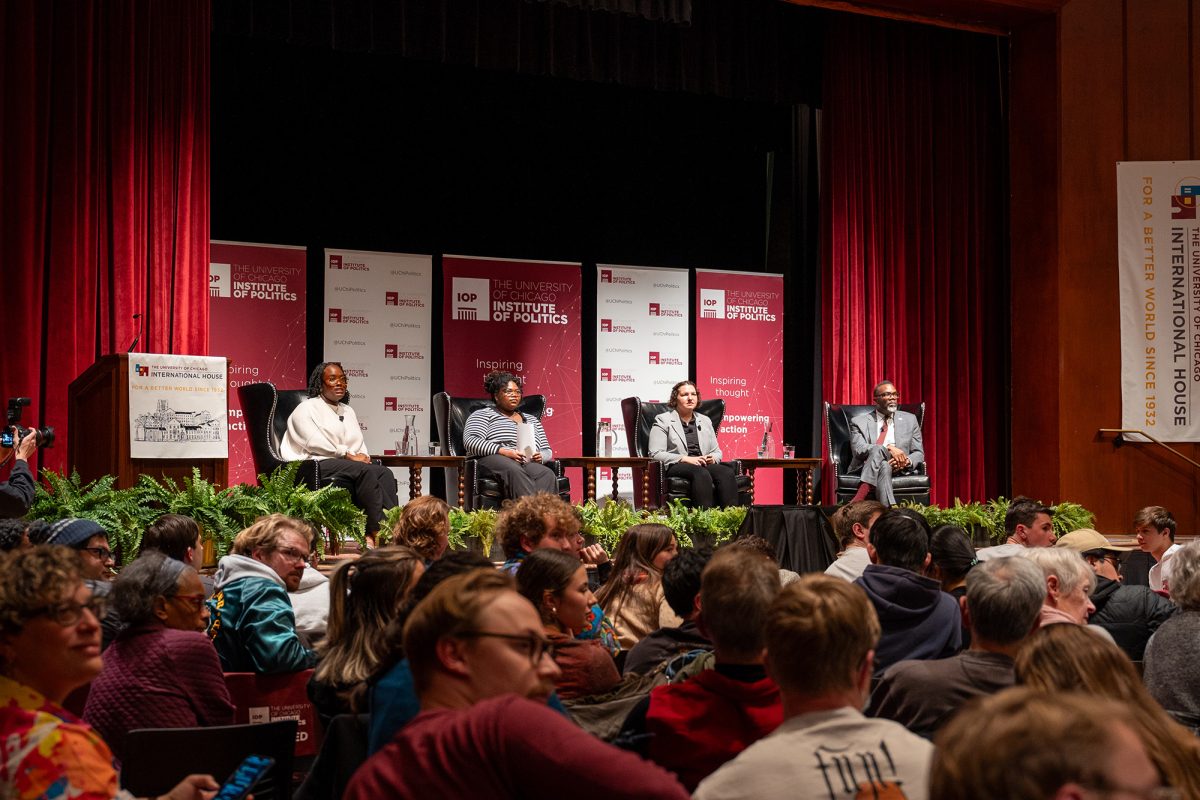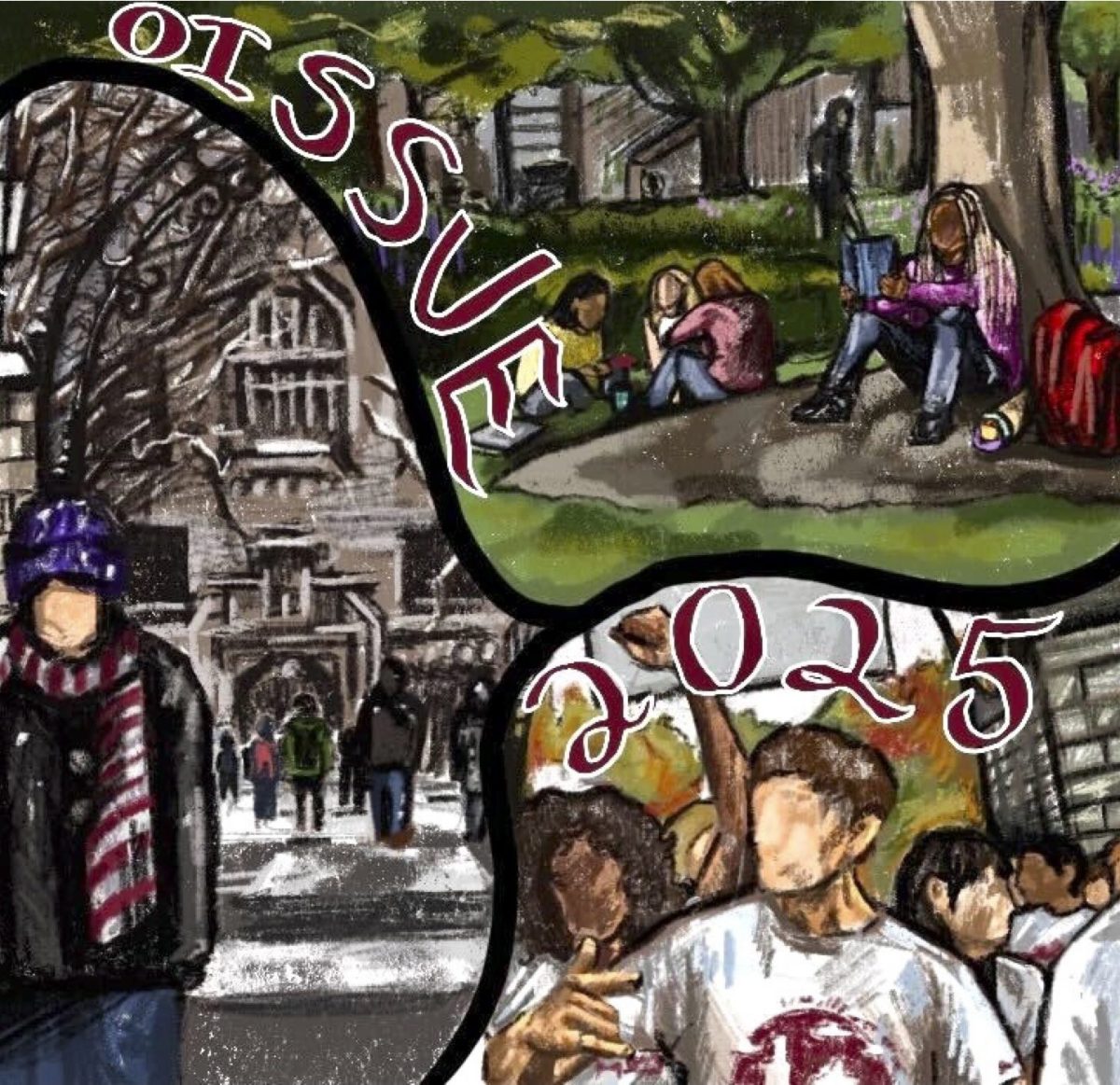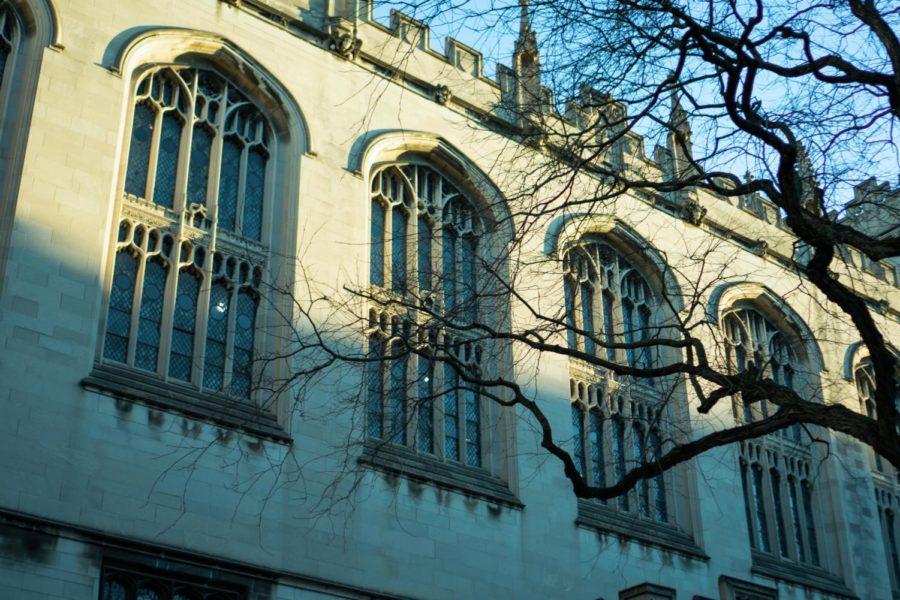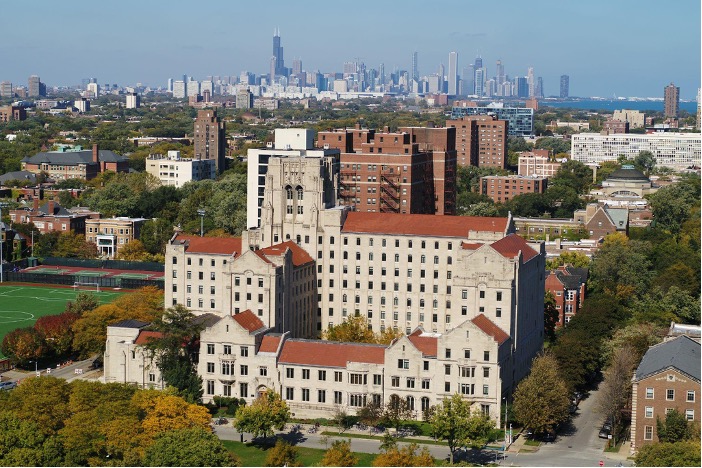For students coming to Chicago this fall, the following is a basic rundown of the city’s local and state government officials, how to register to vote, and upcoming elections.
Aldermen and City Council
On the last Tuesday in February of the year before a presidential election, Chicago residents elect an alderman to represent their district, or “ward,” within the city for a four-year term. Runoff elections between two tied candidates occur on the first Tuesday of April of the same year.
Chicago is divided into 50 wards, each with its own alderman. Aldermen serve as the members of Chicago’s city council, making decisions pertaining to public health, taxes, debt incursion, public safety, and welfare. City council meetings are open to the public, and can be attended by concerned citizens virtually as well as in-person.
Hyde Park is located within Chicago’s Fifth Ward, represented by Alderman Desmon Yancy. As the son of a Chicago police officer, Yancy is known for his position on crime, having helped to create the Community Commission for Public Safety and Accountability. This organization works to mend relations between the police and the public while holding the police accountable through oversight measures and systemic reforms.
The next aldermanic election for the Fifth Ward will take place in 2027.
Mayor Brandon Johnson
A former Chicago public school (CPS) teacher, union organizer, and Cook County commissioner, Brandon Johnson was elected mayor of Chicago in 2023, narrowly defeating former CPS chief executive Paul Vallas. His major campaign tenants included uniting with CPS Unions, ensuring the safety and wellbeing of Chicago citizens, and developing a new approach to crime fighting.
Since then, Johnson has faced criticism over his handling of crime, public schools, and the city budget. A recent Mansueto Institute poll found that only 26 percent of Chicago residents approve of Johnson’s job as mayor, with 58 percent disapproving.
Education has been a defining issue of Johnson’s tenure as mayor. In 2025, he initiated the transition toward a fully elected school board after the previous board resigned amid clashes between Johnson and now former CPS CEO Pedro Martinez over how to address gaps in CPS’ almost $10 billion budget.
By the end of 2025, the city’s budget gap is projected to be $1.2 billion after the school board denied Johnson’s proposal to take out a loan to reimburse the city for a $175 million pension payment for non-teaching school employees, forcing Chicago to end the fiscal year with a $146 million shortfall.
Although he was criticized for budget deficits, Johnson stands by his commitment to not cutting funding from school programming. Johnson recently expanded the number of schools included in the Sustainable Community Schools initiative from 20 to 36. The program, part of the city’s contract with the Chicago Teachers Union, offers schools additional funding for after-school programming and family services.
Johnson is also a vocal opponent of President Donald Trump. He called plans for a National Guard takeover of the city “uncoordinated, uncalled for, and unsound” in an August 22 press release and has signed an executive order barring Chicago police from aiding in any federal immigration or law enforcement actions in keeping with Chicago’s sanctuary city policies.
Crime in Chicago, the purported justification for National Guard presence in the city and a key point of criticism against Johnson, is also down 13 percent compared to 2024, according to Chicago police data. Robberies and murders are down 33 and 31 percent, respectively. Johnson’s “People’s Plan for Community Safety,” aimed at cutting crime on the West Side, targets the prevention of violence and homelessness by focusing on neighborhoods that have historically been divested of government resources and concern in order to give at-risk community members better opportunities by means of education, community programs, and affordable housing.
The next mayoral election will take place in 2027.
Upcoming Elections
Illinois will hold its next primary elections for state and federal elected offices on March 17, 2026, followed by the general election on November 3, 2026. Most upcoming elections concern the state government, and not Chicago city government at this time, but school board elections are upcoming in November 2026.
Governor J. B. Pritzker is up for reelection in 2026. He is slated to run against candidates including Republican James Mendrick, the DuPage County sheriff. Elections for the Illinois secretary of state, attorney general, treasurer, and comptroller will also be held in 2026.
All 118 seats in the Illinois General Assembly’s House of Representatives are up for election in 2026. Democrats currently hold 78 seats, and Republicans hold 40. Hyde Park, which is split between the 25th and 26th legislative districts, is currently represented in the General Assembly by Curtis Tarver and Kam Buckner.
Thirty-nine state senate seats are also up for election. The Illinois Senate currently has 40 Democratic members and 19 Republican members. Candidates have been announced in districts nine, 21, 26, 29, 33, 36, 39, 41, and 47. Hyde Park, in Illinois’s 13th state senate district, is represented by Robert Peters, who is currently running to represent Illinois’s second senate district in the U.S. House of Representatives.
All of Illinois’s seats in the U.S. House of Representatives and one of its seats in the U.S. Senate are up for election in 2026. Hyde Park is currently represented by Jonathan Jackson in the House, and Illinois is represented by Tammy Duckworth and Dick Durbin in the Senate.
Since Durbin announced in April that he would not seek reelection, 22 individuals, including current Lieutenant Governor Juliana Stratton, have declared their intent to run for his senate seat.
How Do I Vote in Chicago and Illinois Elections?
Chicago residents who have lived in their precinct for at least 30 days prior to the election are eligible to vote in city, state, and federal races, provided they are not registered to vote in any other state. Only U.S. citizens can vote in Chicago and Illinois elections.
Illinois offers same-day voter registration. To register to vote, you must bring two forms of identification to your polling place, one of which lists your current Chicago address. If you have an Illinois driver’s license or state ID, you can register to vote online up to 16 days before election day. Students living in on-campus housing can find proof-of-residency documents in the MyHousing portal.
Polling locations for UChicago students living in Hyde Park have not yet been announced for 2026 elections but can be found on the county clerk’s website closer to election day.















zman / Sep 23, 2025 at 1:52 am
Here’s a faster crash course: The Chicago and Illinois governments are totally corrupt.